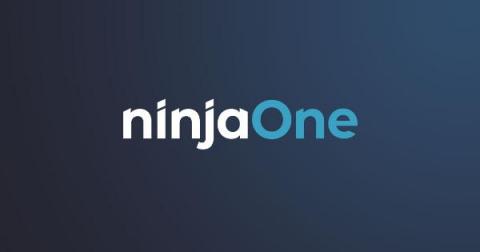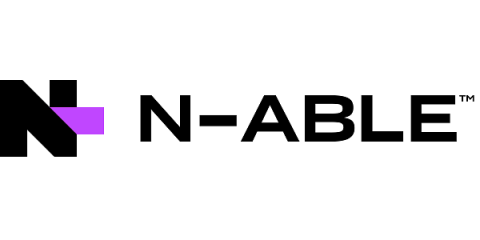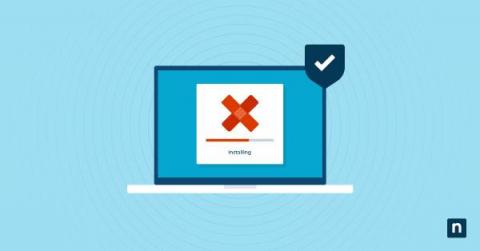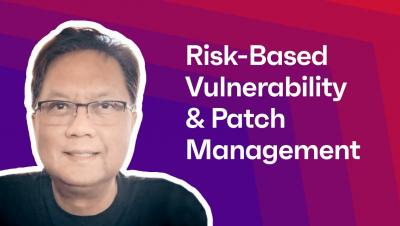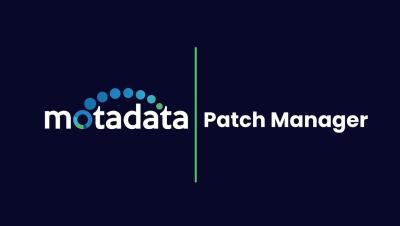What is a Computer Patch?
The amount of technology is growing exponentially as people and organizations undergo the process of digital transformation. More information and data is found online and on machines than ever before. It’s important to keep this data safe in properly functioning software on devices and machines, which is why applying patches is a key task.


